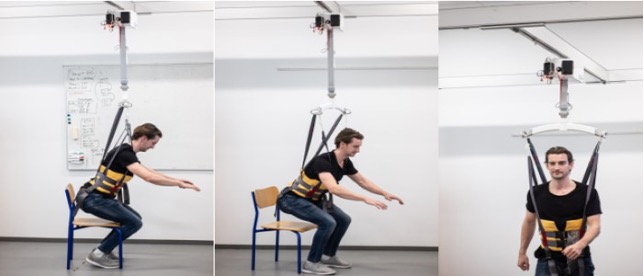This program has a flexible start and length.
Preferred student profile
Academic study field:
- Electrical Engineering
- Computer Science
- Biomedical Engineering
Background and interest in one or more of the following fields:
- Medical instrumentation
- Signal processing
- Machine learning
- Image processing
- Biomedical circuits
- Sensor technology
- Robotics
Maximum number of students to host: 3
Description
Join us investigating novel technologies for health sensing and diagnostics. Our core research areas fall into the following overall categories:
- Data-driven health technology including big data analysis; artificial intelligence and data science; intelligent monitoring and decision support; predictive models for prevention, early detection, diagnosis, and prognosis.
- Training and rehabilitation technology concerning robot-assisted training and sensor technology with biofeedback; embedded systems; human-robot interaction
- Sensor technology that includes intelligent unobtrusive sensors and monitoring; physiological signal acquisition and processing; image analysis; health state and behavior modeling.
- eHealth systems and platforms involving software systems and platforms for health and care; user involvement; patient empowerment; citizen centered (personalized) data collection, treatment plans, and eHealth interventions; technology assessment.
- Healthcare ecosystems with focus in multi-agent based business ecosystem modeling and simulation; public private partnership; innovation management.
- Technical audiology for development and evaluation of hearing tests; user-operated audiometry; speech tests; hearing loss and dementia.
